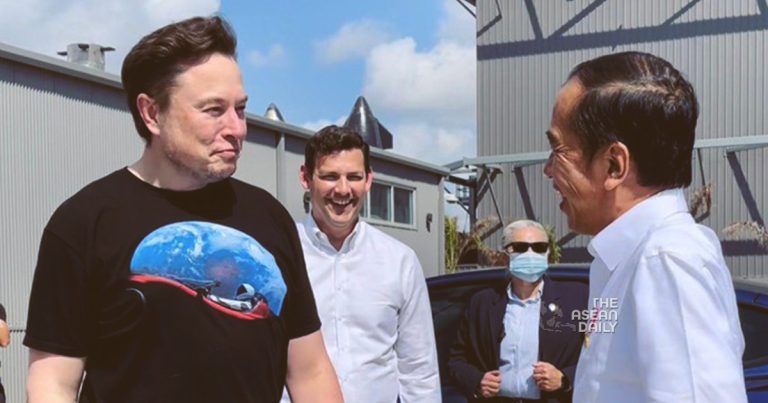12-10-2023 (JAKARTA) Billionaire entrepreneur Elon Musk has decided not to pursue significant business ventures in Indonesia, despite previous indications of interest. While Musk expressed optimism about Indonesia’s electric vehicle (EV) potential, recent developments suggest that he favors the markets in Malaysia and China instead.
Since President Joko Widodo’s administration took office, Indonesia has actively courted Tesla and its CEO Elon Musk. Key government officials, including Coordinating Minister for Maritime Affairs and Investment Luhut Binsar Pandjaitan, visited Tesla’s manufacturing plant in Texas in April 2022 to promote investment opportunities in Indonesia. However, despite these efforts, Tesla has not made substantial progress in the country.
In contrast, Tesla has made noteworthy advances in neighboring countries. The company recently established a sales office in Malaysia and is planning to open a showroom in Thailand. These developments have raised concerns in Indonesia, prompting speculation about the reasons behind Tesla’s apparent preference for other markets.
Several factors contribute to Tesla’s decision to prioritize Malaysia over Indonesia. Malaysia boasts a higher per capita income, indicating a larger potential customer base with the financial means to afford Tesla vehicles. Furthermore, Malaysia has a more developed road infrastructure and a comprehensive plan to establish 10,000 electric vehicle charging stations by 2025.
On the other hand, Indonesia seeks to be more than just a market for Tesla; it aims to play a significant role in the production of electric vehicles. Specifically, Indonesia aspires to manufacture batteries and assemble battery packs for Tesla cars, both for domestic consumption and export. However, Tesla’s existing regional production hub in Shanghai, China, coupled with established supply chains and long-standing relationships with suppliers, presents a challenge for Indonesia’s integration into Tesla’s production networks.
Even if Tesla were to consider establishing a production hub in Southeast Asia, Indonesia faces fierce competition from Thailand. Although Indonesia’s automotive manufacturing industry has experienced growth due to domestic demand, Thailand remains the regional leader in automobile exports, making it a more likely candidate for Tesla’s expansion plans.
Nonetheless, Indonesia could still find a place within Tesla’s ecosystem through battery production. Leveraging its control of global nickel supplies, Indonesia has invested in downstream industries such as nickel smelting and battery manufacturing. Chinese battery giant CATL has committed to investing billions of dollars in Indonesian battery manufacturing, creating potential opportunities for Indonesia to integrate into Tesla’s supply chains through CATL’s involvement.
However, there are complications to overcome. The US Inflation Reduction Act of 2022 includes a provision that excludes electric vehicles produced using Indonesian nickel from tax credits in the United States. The Indonesian government is exploring ways to address this issue, possibly through a bilateral trade deal. Nevertheless, this presents an additional layer of uncertainty for Tesla and other automakers seeking to incorporate Indonesia into their supply chains.
It is worth noting that Tesla is not the sole major player in the Indonesian automotive market. South Korean and Japanese car manufacturers like Toyota and Hyundai have already established significant manufacturing footprints in Indonesia, leveraging critical minerals and batteries produced locally. Chinese companies such as Wuling also produce cars in Indonesia. These automakers possess decades of experience, established business ties, and are well-positioned to scale up their electric vehicle production faster than Tesla.




